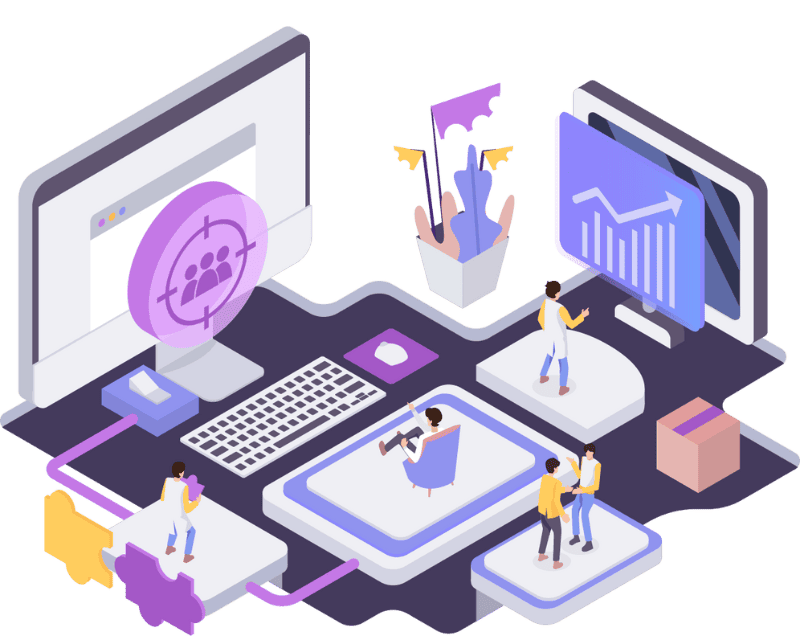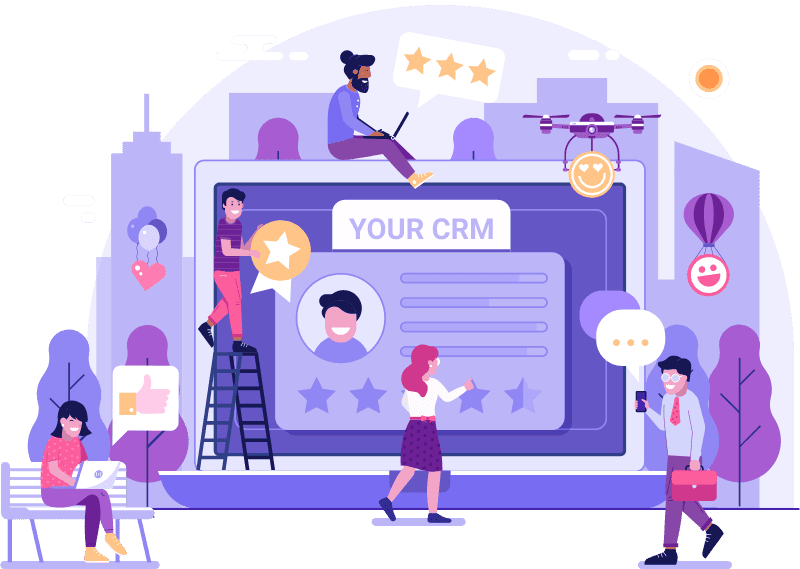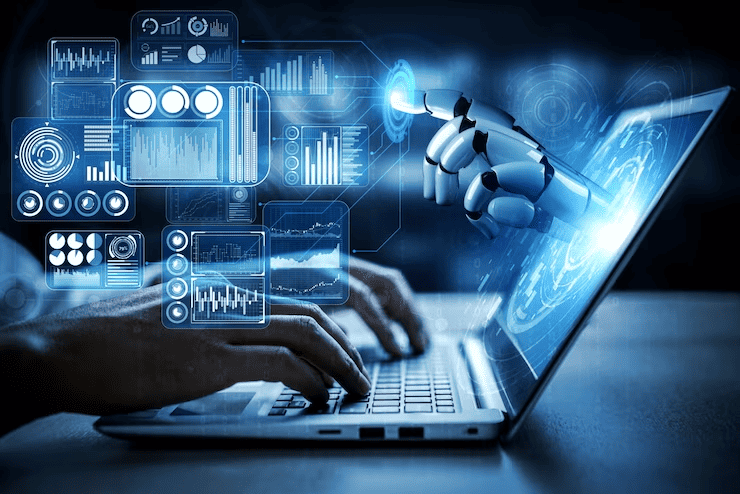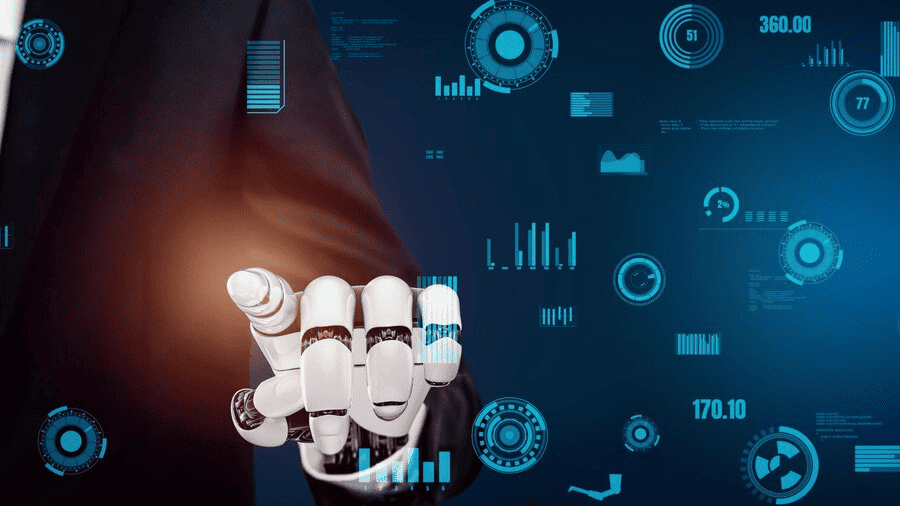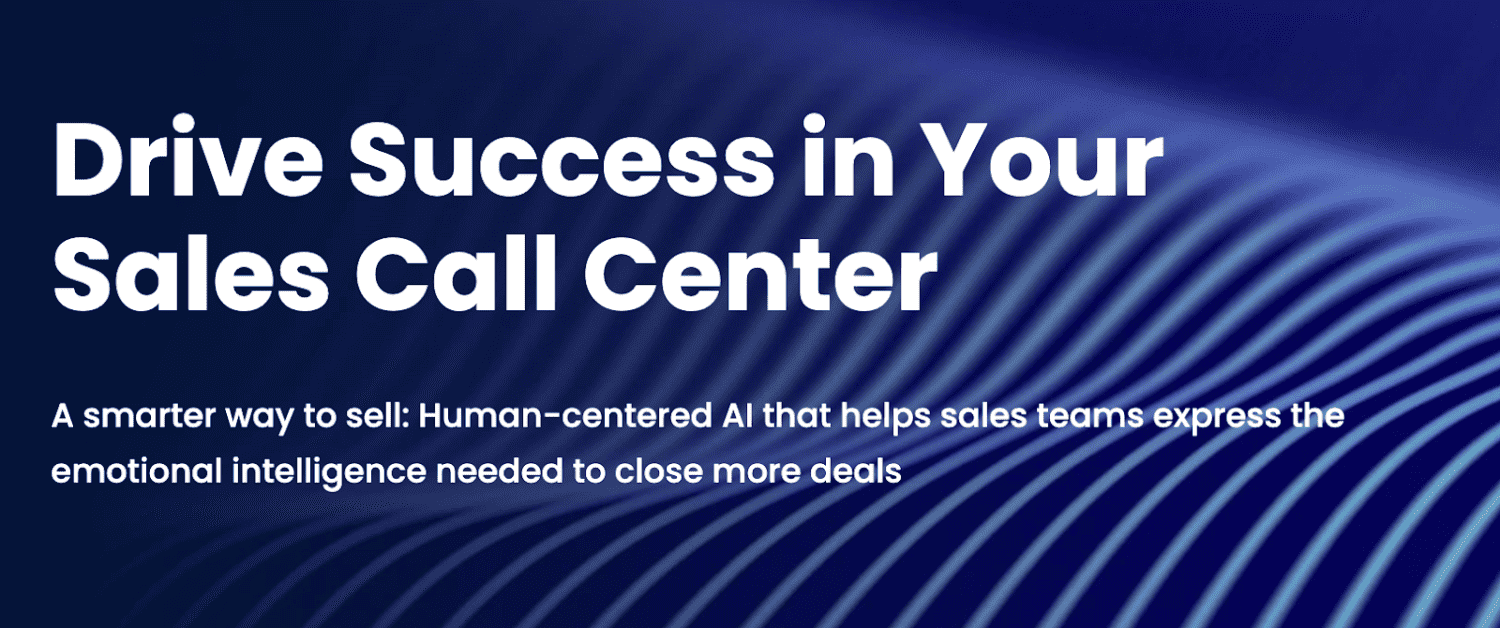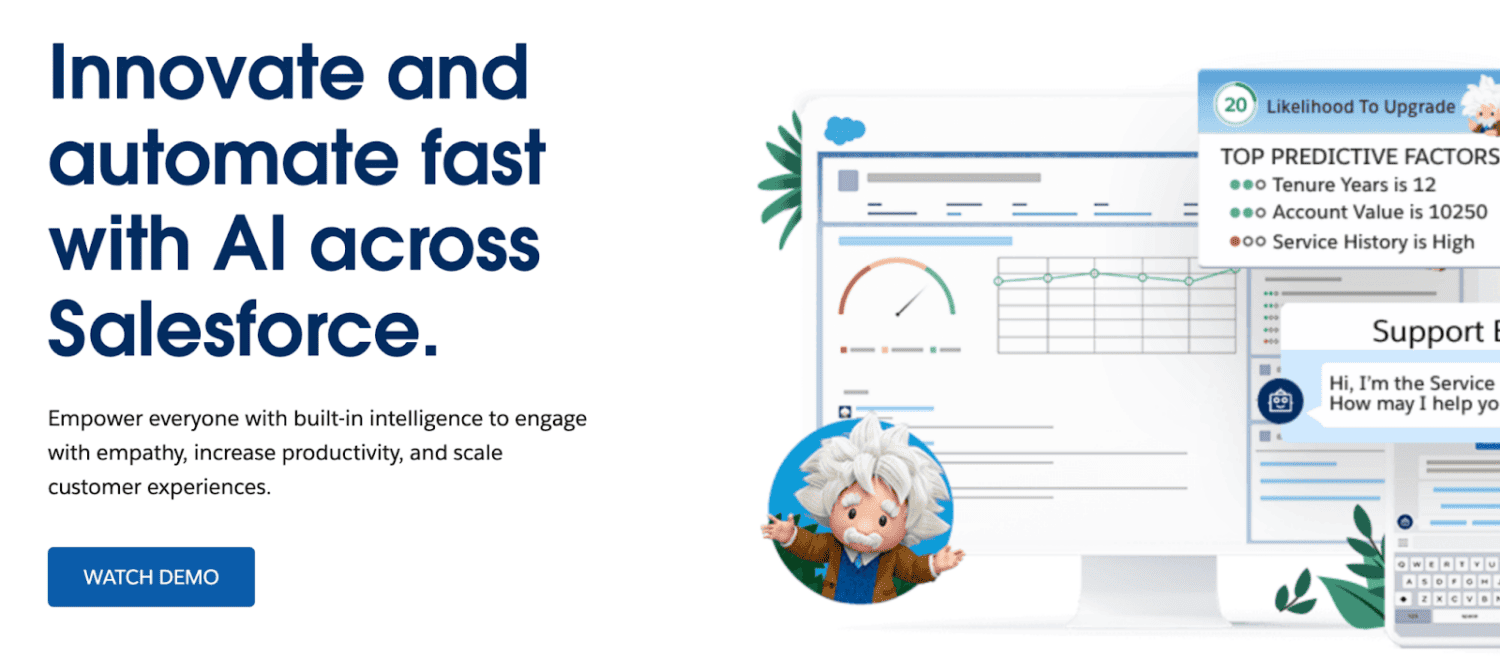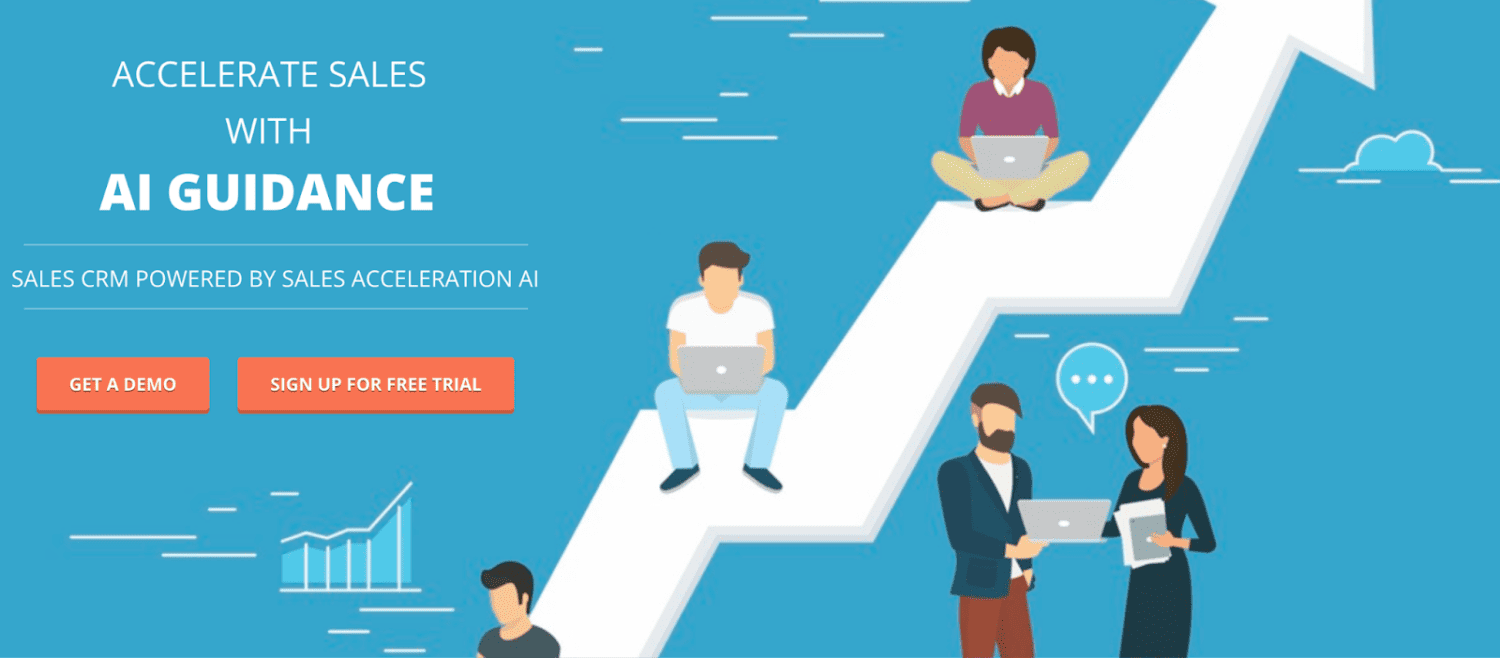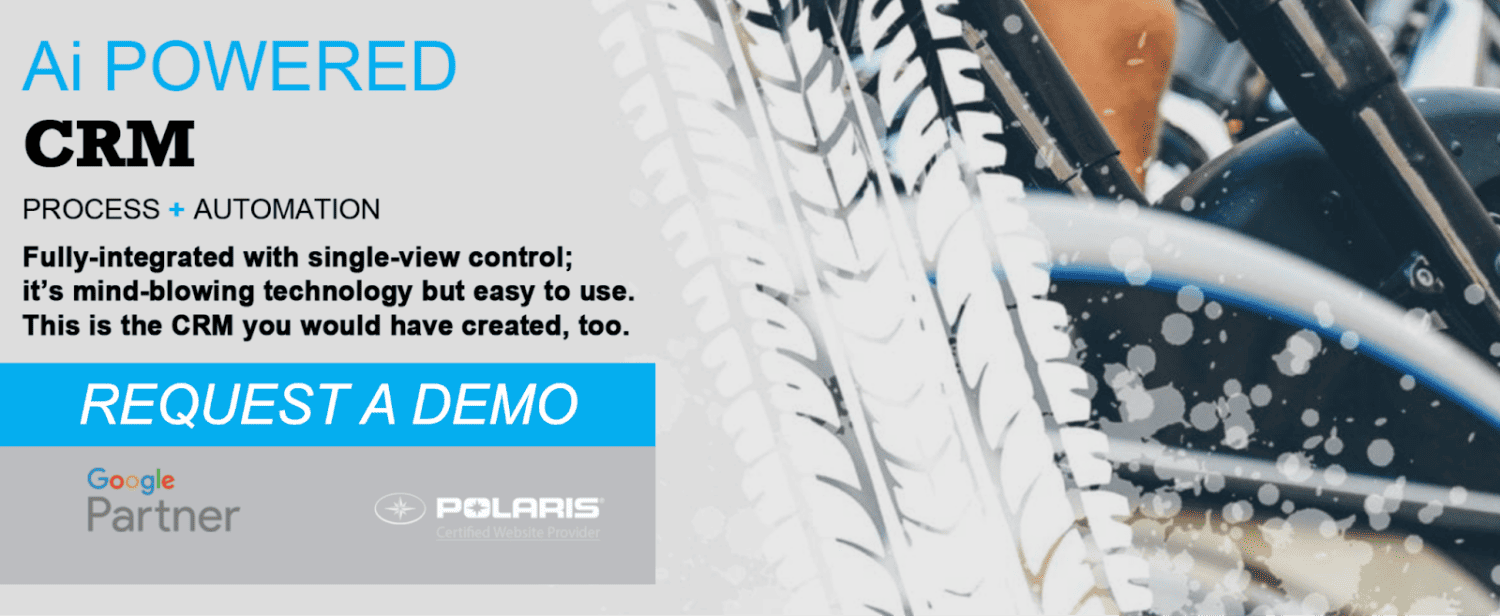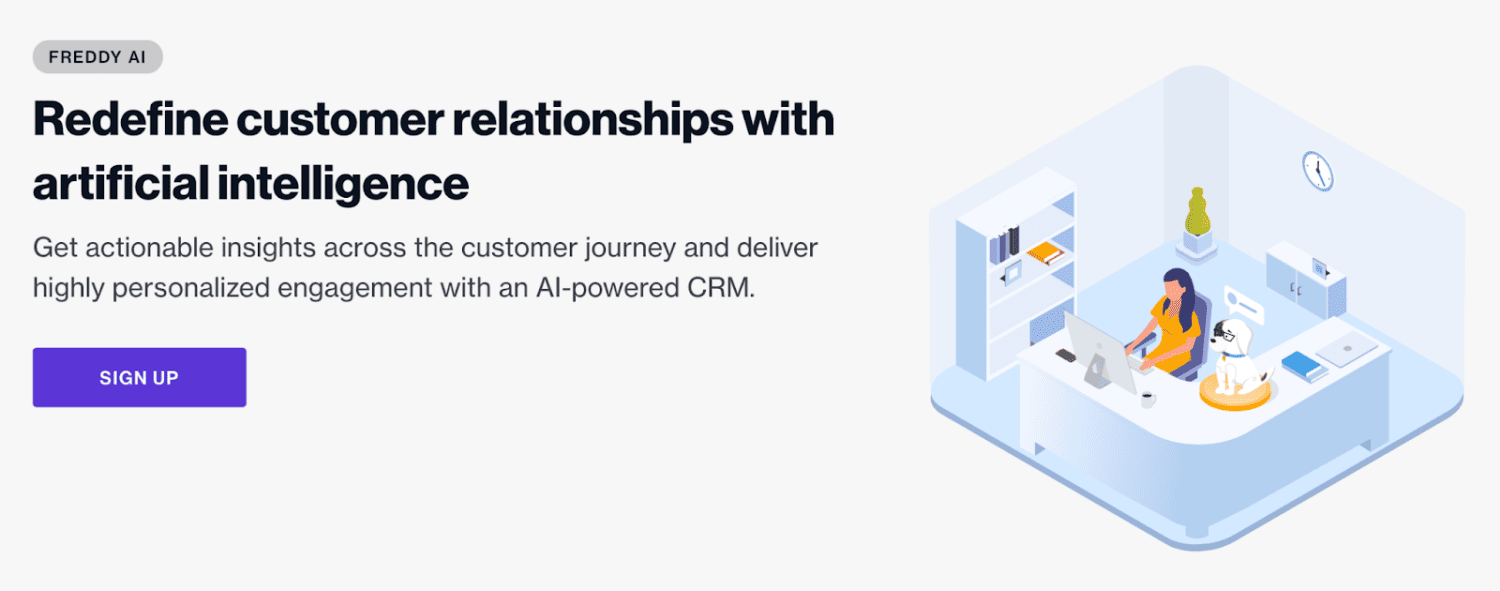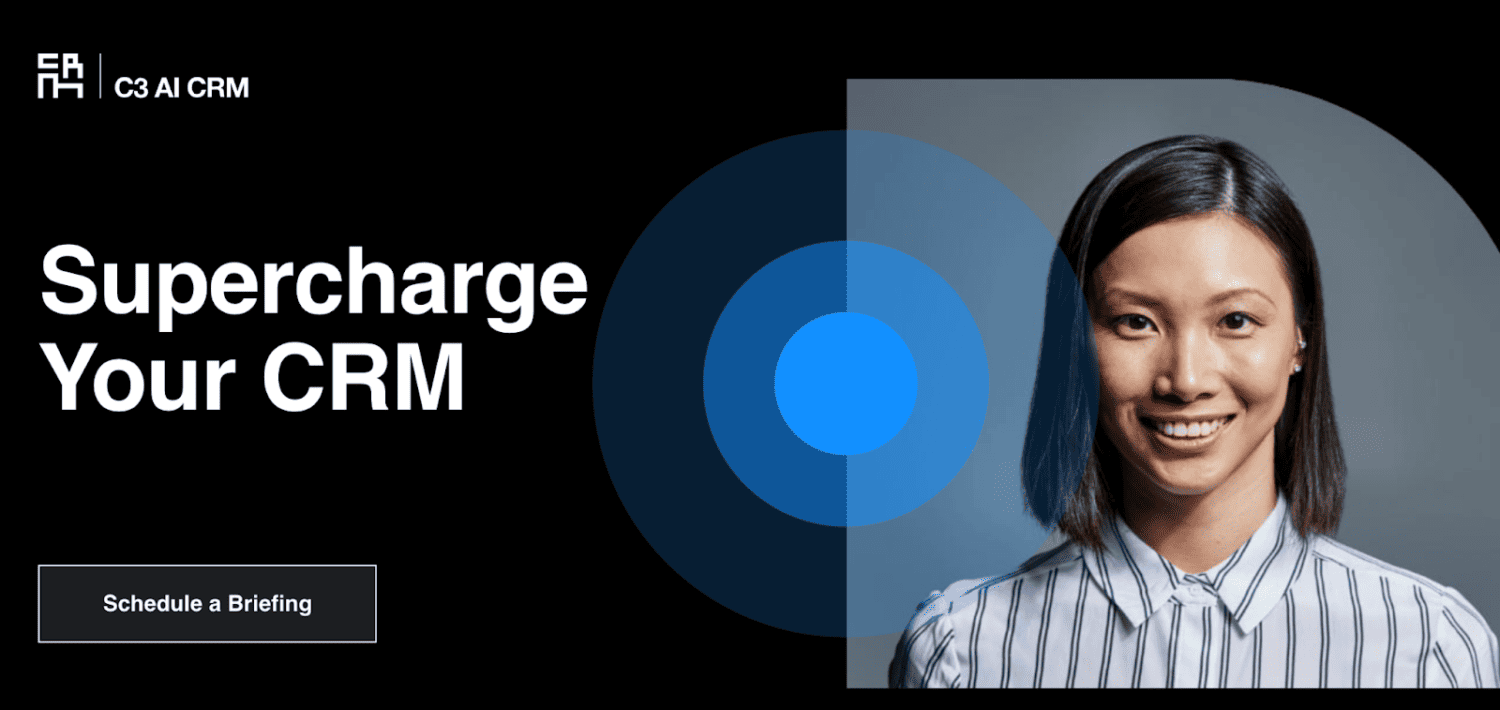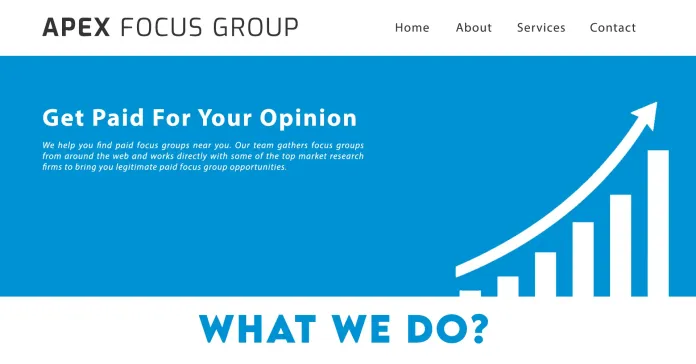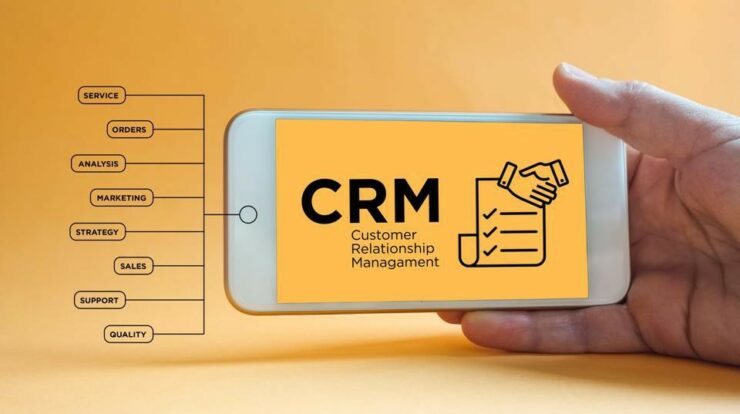
The process of managing customer interactions during a customer’s engagement with a firm is called customer relationship management, or CRM.
The CRM principle is straightforward: learn everything there is to know about your customers by putting yourself in their shoes.
These days, companies are using AI to enhance their CRM systems.
By reviewing real-time client data, AI-based CRMs allow businesses to make better data-driven decisions today. And it has completely changed how sales are done.
This post will cover everything there is to know about AI-powered CRMs, including their pros, cons, and best picks to boost sales.
What Kinds of CRMs Use AI?
AI-based CRMs are a set of centralized AI-powered processes that facilitate the efficient management of tens of thousands of clients.
These CRMs are mostly based on four notable principles:
Automation
AI-based CRMs: The word artificial intelligence (AI) itself refers to automation, which is an important component of the entire process. When automation works well, it enables CRM to complete specific tasks faster and more accurately than using humans. Even complex workflows can be easily automated with the help of advances in AI.
Assessing Emotions
One of the main features of AI-powered CRMs is their ability to record, evaluate and visualize customer feedback about goods and services.
Artificial Intelligence
In commercial AI, machine learning (ML) is an advanced method that is often used. Instead of using rigid, programmed instructions, it closely observes patterns and trends over time to teach the AI how to operate effectively in a changing environment.
Predictive Data Analysis
Predictive analytics is an urgent need that facilitates customer relations and business planning. It enables businesses to forecast sales, make data-driven decisions, and allocate resources wisely across the board.
Across multiple communication channels, including phone, live chat, email, and social media, it helps customer service and sales representatives identify their customers’ emotions, including satisfaction and irritation.
In addition, AI-powered CRMs have several additional components that enhance your client’s overall experience.
Let’s review them now.
How AI-Powered CRMs Increase Engagement with Customers
A higher number of closures can be obtained by combining AI with CRM software to provide complete information on all these criteria.
Having said that, here’s how to use natural language processing in AI-powered CRMs to increase client engagement tenfold.
Chatbots
Chatbots are used by AI-based CRMs to speed up response times and offer instant customer service. Chatbots are able to handle simple transactions, offer product suggestions and answer frequently asked questions.
Consequently, this expedites processes and frees up human agents to work on more difficult issues.
Customization
Through analysis of client data, including demographics, browsing patterns, and historical purchase history, AI-based CRMs can help organizations personalize customer interactions.
Then, using this information, customer service contacts, product recommendations, and marketing communications can be tailored to each customer’s specific needs and preferences.
Support for Omnichannel
CRMs with AI capabilities are able to offer seamless customer service via email, social media, chat and phone. Customers are more satisfied and engaged when they can communicate with businesses via their preferred channel.
In essence, AI-powered CRM software can gauge a customer’s emotional state from their tone, conversational style, and words, whether spoken or written. Enabling you to design customer experiences and interactions that are specifically tailored to them.
Benefits of AI Integration with CRM
Simplify Lead Management
A company generates an average of thousands of leads per month. Only a few hundred of these will result in a sale.
But only if you approach each one and follow through with the same enthusiasm.
Sorting leads by hand becomes difficult as the volume increases. Additionally, you can’t ignore leads because everyone that’s lost represents lost revenue.
A difficult problem, isn’t it?
Through the integration of AI and CRM platforms, companies can establish a powerful lead-generation organization.
Increased productivity is possible with this dynamic coupling without sacrificing interaction capability. As a result, leadership nurturing, competency, engagement, and follow-up have all undergone revolutionary changes.
Complete More Transactions
One of its key advantages is the ability of AI-powered CRMs to assess and detect leaks in the sales pipeline.
For example, AI-based CRMs offer sales reps actionable information and intelligent advice to win a deal in a sales scenario where there is a 50/50 chance of the deal being approved or rejected.
Its algorithms are designed to determine a buyer’s intent—strong, mild, or weak—to acquire a good or service and give them the information they need to make a decision.
Artificial intelligence (AI)-powered CRMs conduct research, offer insights, gauge client sentiment, and provide you with instant reports on possible strategies to close a specific deal—all of this. In some time-sensitive situations, you need to respond properly to new leads.
Boost Productivity
Few people are aware that AI combined with traditional CRM software can act as your all-in-one virtual assistant.
It can help you with all the usual manual tasks, including calendar management, meeting scheduling, phone calls, follow-ups, and more.
This gives executives in charge of sales and customer service more time to devote to high-value tasks like building connections with clients and optimizing sales funnels.
Customer Distribution Support
AI-powered CRMs also simplify the process of categorizing large amounts of client data into distinct groups.
For example, manually categorizing your clients according to their preferences, dislikes, behavior and demographics may prove difficult. However, the powerful algorithms of AI-powered CRMs make it easy for you to accomplish this.
How does it help?
Initially, it streamlines the process, relieving your team of the need to perform manual tasks.
Second, you can quickly create individualized messages or experiences for potential clients while segmenting your customer base with just one click. You see, you generate more leads with more targeted marketing.
Disadvantages of AI-Powered CRMs
Absence of Human Communication
AI-powered automation has the potential to reduce costs and save time, but it can also result in less human interaction with clients, which can negatively impact their experience.
Thought-provoking: Trying to explain an important issue to a chatbot yields only a few preset options or pre-programmed responses.
Thankfully, businesses are aware of this pitfall and give you the option to continue the awkward chatbot conversation instead of talking to an actual sales representative.
Biased Data
CRMs with AI capabilities rely on data collected from multiple campaigns and channels. Moreover, the quality of AI systems depends entirely on the training data. Algorithms can produce false or unfair results if data is biased or lacking.
Cybersecurity Risks
AI increases the likelihood of data breaches and cyber-attacks.
Sensitive client data should be protected by businesses using extra security measures because AI-powered CRMs are vulnerable to cyberattacks.
In general, a primary objection to organizations integrating AI with their traditional CRMs is cybersecurity.
Some leading businesses have made millions of dollars from AI-powered CRMs despite losses.
Leading Companies List Using AI-Powered CRMs
The 2020 Marketing Leadership Benchmark Report states that marketing executives use AI to enhance audience modeling and customer segmentation.
Let’s examine several usage scenarios to better understand how businesses use AI-powered CRMs.
1) Cogito
Cogito provides real-time interaction analysis using AI-powered CRMs. It evaluates customer sentiment, the effectiveness of calls, and how best to handle them.
According to the corporation, businesses can increase their revenue per customer by 10 percent by understanding their customers’ emotional states.
2) Coca-Cola
With a significant consumer base, Coca-Cola is one of the largest beverage firms in the world.
Coca-Cola deployed an AI-powered CRM system to enhance customer service and marketing initiatives.
They were able to monitor consumer behavior and preferences thanks to this approach, which later helped them develop more targeted marketing efforts that resonated with audiences.
They were also able to identify areas for improvement in customer service thanks to the system, which increased client satisfaction.
3) Salesforce
Leading CRM software supplier Salesforce has added artificial intelligence (AI) to its platform to bring more benefits to customers.
Through machine learning and natural language processing, Salesforce’s Einstein AI assists sales teams in finding new opportunities and gaining a deeper understanding of their clients. This has resulted in businesses benefiting from higher sales and happier customers.
CRMs Powered by AI
After learning everything there is to know about AI-powered CRMs, it’s time to look at some SaaS in this space.
1) Kreato CRM
For small to medium enterprises, Kreato CRM is a cloud-based customer relationship management application. A built-in sales acceleration AI called Axlerate powers the platform.
When used with KreatoCRM, Axlerate provides excellent support with lead scoring, sales forecasting, activity tracking, engagement tips, team performance analytics, and more.
Additionally, businesses can easily manage their client data and track their success in real-time using Creato CRM’s user-friendly interface and customizable dashboards.
2) PSXDigital CRM
PSXDigital offers an AI-powered CRM system to help automate your marketing and sales processes. Due to the great degree of customization of the platform, it can be easily used by any organization in any industry.
With the CXMAi platform, you can integrate PSX Digital with your existing CRM software to perform a comprehensive analysis of client data while on the road.
With a minimal amount of human effort, the platform easily gathers information from multiple markets, customers, and historical sources to help you meet customer expectations faster and make more informed decisions. Shows insight into a single perspective.
3) Freddy AI
An AI-powered CRM platform called Freddy AI from Freshworks is designed to automate customer service, marketing and sales processes for companies of all types.
Chatbots, intelligent workflows, and predictive lead scoring are some of the automation capabilities that make it easy to complete a variety of CRM tasks.
Additionally, Freddy AI provides organizations with real-time tracking and measurement of their sales and customer service performance through customizable dashboards and reports.
Additionally, the platform interfaces with Google Analytics, Fresh Desk, and FreeSales, giving users a complete picture of their client information.
4) C3 AI
C3 AI CRM is an innovative platform for managing customer relationships that leverages artificial intelligence to drive corporate expansion. Businesses can use this technology to get a comprehensive picture of their clients, which provides a single view of customer data.
It provides 97% revenue projection accuracy for the company as well as for each rep, group and region.
Furthermore, you may use AI on the platform to swiftly locate, prioritize, and close the greatest deals. You can track performance and conversions while you’re on the go with the platform’s mobile app.
ALSO READ:
- 10 Best WordPress CRM Plugins to Increase Productivity in Your Business
- 17 Top CRM Software for Small Enterprise Business
Final Thoughts
Companies often have concerns about integrating AI and CRMs. They consider it an external extra that is unnecessary and unnecessary. In other words, they believe that CRMs can handle the entire sales process by themselves. They have no idea that this couple has completely changed how sales and marketing are viewed in the modern world.

